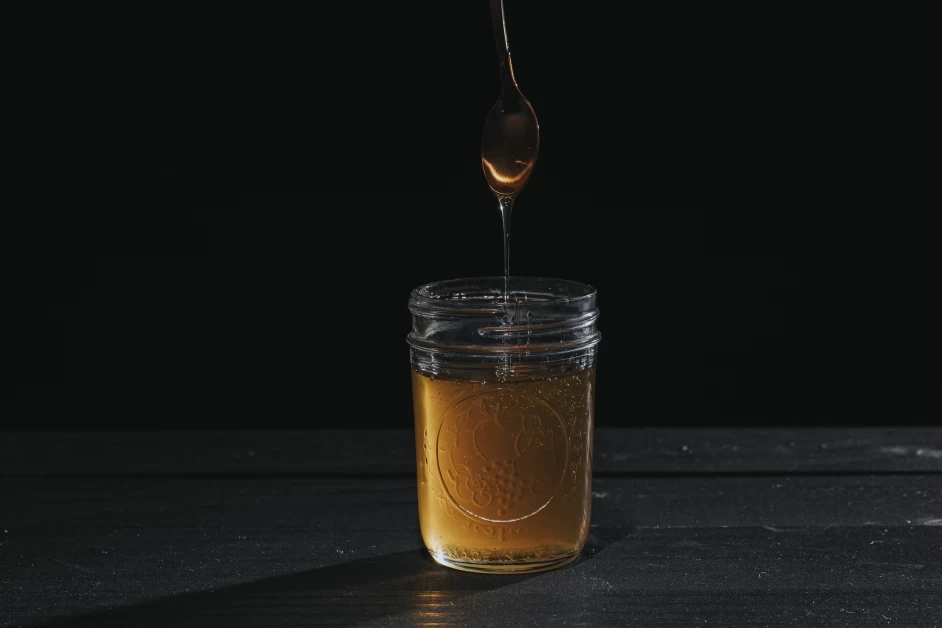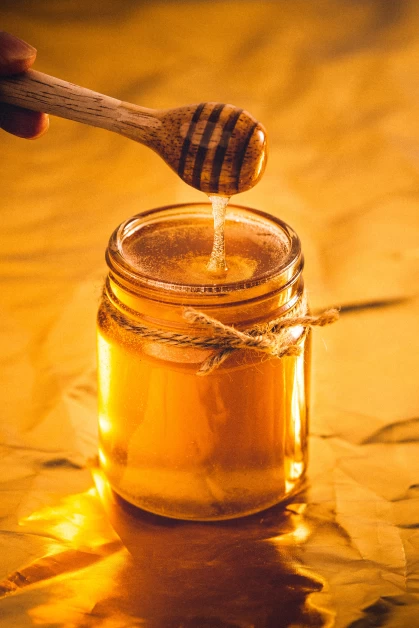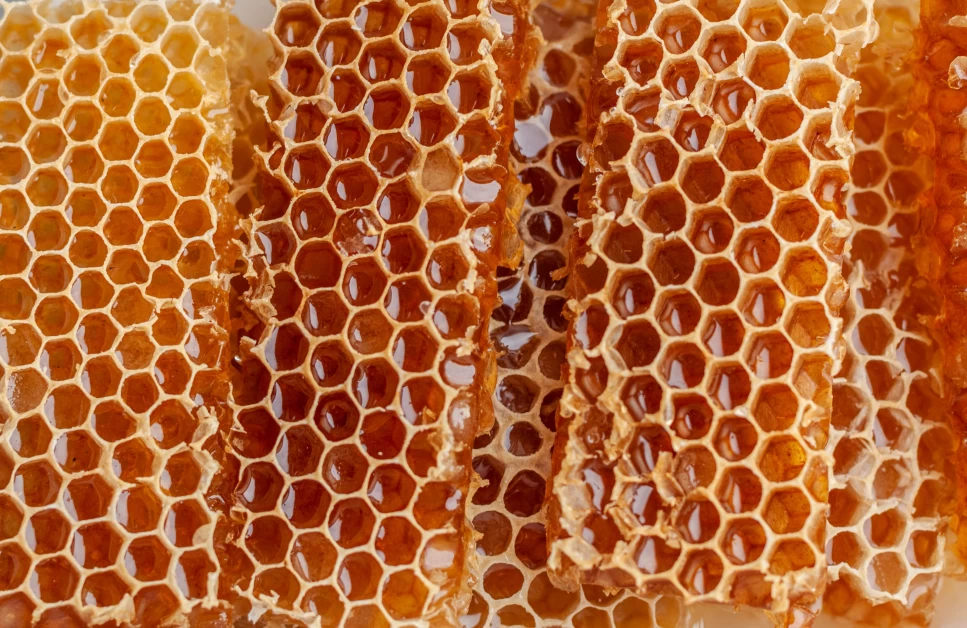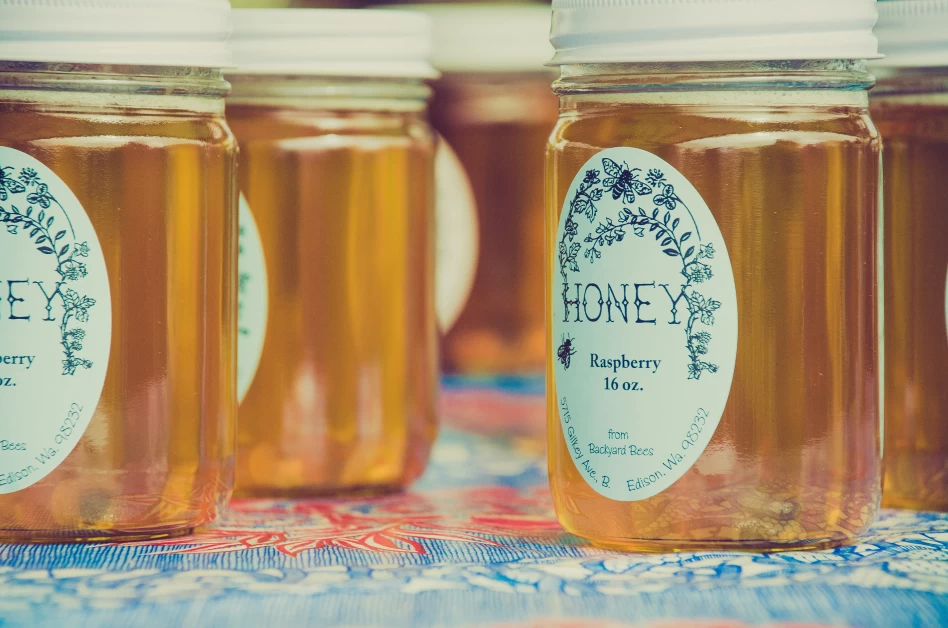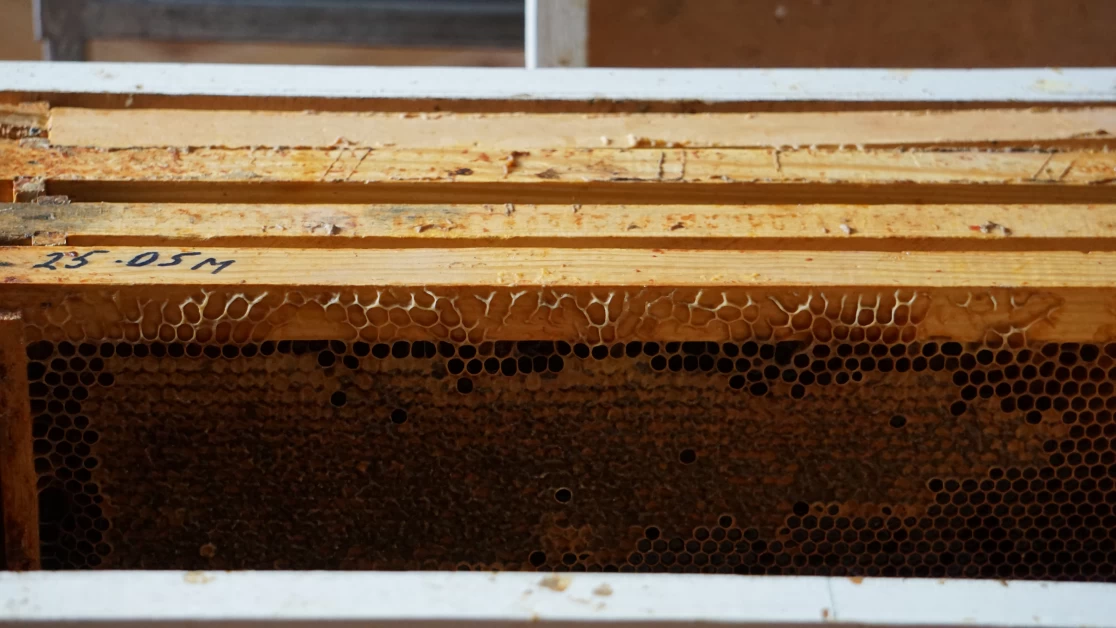Table of Contents
Manuka honey is a natural remedy that has gained popularity in recent years for its potential benefits in managing various health conditions. One area of interest is its potential role in managing depression. While more research is needed to fully understand the effects of manuka honey on depression, some studies have shown promising results. In this article, we will explore the potential benefits of manuka honey for depression and how it can be incorporated into a holistic approach to mental health.
Understanding Depression
Depression is a common mental health condition that affects millions of people worldwide. It is characterized by persistent feelings of sadness, hopelessness, and a loss of interest in activities. Depression can significantly impact a person’s quality of life and may lead to various physical and emotional symptoms.
The Potential Benefits of Manuka Honey for Depression
While manuka honey is primarily known for its antibacterial properties, some studies suggest that it may have benefits for mental health conditions like depression. Here are some potential ways in which manuka honey may help manage depression:
-
Antioxidant Properties: Manuka honey is rich in antioxidants, which can help reduce oxidative stress in the body. Oxidative stress has been linked to the development and progression of depression. By reducing oxidative stress, manuka honey may help alleviate symptoms of depression.
-
Anti-inflammatory Effects: Chronic inflammation has been associated with depression. Manuka honey has anti-inflammatory properties that may help reduce inflammation in the body and potentially improve symptoms of depression.
-
Neuroprotective Effects: Manuka honey contains compounds that have been shown to have neuroprotective effects. These compounds may help protect brain cells from damage and promote overall brain health, potentially benefiting individuals with depression.
-
Improved Sleep: Sleep disturbances are common in individuals with depression. Manuka honey has been found to have sleep-promoting effects, which may help improve sleep quality in individuals with depression.
-
Gut-Brain Connection: Emerging research suggests that there is a strong connection between the gut and the brain. The gut microbiome plays a crucial role in mental health, and imbalances in gut bacteria have been linked to depression. Manuka honey has prebiotic properties, meaning it can promote the growth of beneficial gut bacteria. By supporting a healthy gut microbiome, manuka honey may have indirect benefits for mental health.
Incorporating Manuka Honey into Your Depression Management Plan
If you are interested in incorporating manuka honey into your depression management plan, it is important to consult with your healthcare provider first. While manuka honey is generally safe for consumption, it may interact with certain medications or have contraindications for some individuals.
Once you have received the green light from your healthcare provider, there are several ways to incorporate manuka honey into your routine:
1. Consuming Manuka Honey
You can consume manuka honey as a natural sweetener in various ways. Here are some ideas:
- Add a spoonful of manuka honey to your morning tea or coffee.
- Drizzle manuka honey over your yogurt or cereal.
- Use manuka honey as a topping for pancakes or waffles.
- Mix manuka honey into smoothies or homemade salad dressings.
2. Using Manuka Honey in Recipes
Manuka honey can be used as a substitute for sugar or other sweeteners in recipes. Here are some ways to use manuka honey in your cooking and baking:
- Replace sugar with manuka honey in baked goods like cookies, cakes, and muffins.
- Use manuka honey as a glaze for roasted vegetables or meats.
- Make homemade granola bars or energy balls with manuka honey as a binding agent.
3. Topical Application
Some individuals find relief from symptoms of depression through self-care practices. Topical applications of manuka honey may provide additional benefits. Here are some ideas:
- Use manuka honey as a face mask to promote skin health and relaxation.
- Add manuka honey to your bathwater for a soothing and moisturizing experience.
Conclusion
While more research is needed to fully understand the potential benefits of manuka honey for depression, some studies suggest that it may have positive effects on mental health. As with any natural remedy, it is essential to consult with your healthcare provider before incorporating manuka honey into your depression management plan. They can provide personalized advice and ensure that it is safe for you to use. Remember that manuka honey should not replace professional treatment for depression but can be used as a complementary approach to support overall mental well-being.
If you are interested in learning more about managing depression with natural remedies like manuka honey, consider booking an appointment with a healthcare provider at Nao Medical. They can provide guidance and support in developing a personalized depression management plan that incorporates natural remedies and other holistic approaches to mental health. Nao Medical offers a range of healthcare services, including mental health support, to help individuals achieve optimal well-being. Contact Nao Medical today to explore your options.
